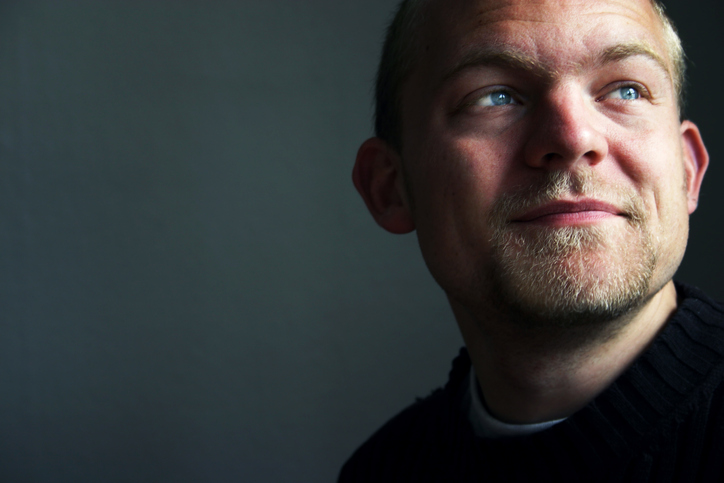
It’s easy to focus on setbacks as a family caregiver, to get caught up in fighting one fire after another. Over the long haul, we can lose our sense of hope. For the person we’re looking after. But just as importantly, for ourselves.
“You need to take care of your own hope or you will not have that resource to offer your loved one,” says Denise Larsen, Professor of Counselling Psychology in the Faculty of Education at the University of Alberta and Director of Hope Studies Central.
Denise has a mom with late-stage Parkinson’s disease, so she appreciates the guilt that caregivers typically feel when focusing on their own needs. She suggests taking small steps at first.
- Pay attention to signs of hope in your life. Are you focusing on problems all the time? Ask yourself where the hope is in your life at the moment. Don’t look for “great big, flashy signs of hope,” because they may be hard to find. What small things are signs of hope in your life? Maybe it’s the smell of baking in your daughter’s house that reminds you of good times. Or a phone call with your grandkids. It doesn’t have to be directly related to caregiving. Make a list of these hopeful things.
- Take a walk. Ten minutes will do it. Bring your camera. Take pictures of symbols of hope along the walk. Sometimes you may not know why something is a symbol of hope, it just is. If you can’t figure out why, that’s okay, just take the picture. Put the picture in a prominent location as a constant reminder of hope.
- Identify your hope heroes / mentors. We all have people in our lives we can identify as leaving us a little better off than when we went to see them. Spend time with them. At the same time, identify the people who – whether they mean to or not – zap your hope. Be intentional about where you choose to put yourself. Spend your time with people and in places that foster a sense of hope.
- Identify and collect hopeful stories in your life. A hopeful story is often one in which something turned out better than you expected. It can be the tiniest of stories. It doesn’t have to have anything to do with family caregiving. As you accumulate these stories, they become evidence for you that things do turn out better than you expect. You may not have solved the situation exactly the way you would have liked, but many things still turned out better than expected.
Another way of taking small steps is to think about what you hope for in the near future (e.g. what do you hope for this week?) and not just in the distant future.
“Hope is a choice,” says Denise. One of her mentors thinks of hope as a habit, like brushing one’s teeth, something you should do every morning as a matter of course. That means taking a few minutes at the start of each day to identify the signs of hope in your life (big or small). It takes a little bit of effort, but it doesn’t take a lot of time. “Don’t expect [hope] to just sort of descend on you,” she says.
Simply sharing your problems with someone else can stimulate hope, especially if that person can lend you a perspective on life that you may have lost. However, Denise recognizes that family caregivers may be reluctant to share their problems because they’re worried it will reflect poorly on the person they love. “But it’s not about the person they love. It’s about the experience they’re having. You can be having a hard time and still deeply love the person you’re caring for. Telling that story and being heard is often an important first step to hope.”
She also stresses that hope isn’t a kind of “there, there, everything will be all right” attitude. In fact, she says, “It’s really helpful to remember that it’s possible to hold hope about somethings and have a sense of no hope in other ways. So, hope and no hope live very close together in our lives at the same time.”
Do you have hope-related questions or comments for Denise? She's kindly agreed to respond to them on our caregiving forum.
Related articles and videos:
- Staying happy, active and connected while looking after someone with dementia
- Maintaining social connections (video)
- Powerful Tools for Caregivers provides a safe space to learn and practise crucial skills
- Big White Wall helps family caregivers break through their isolation

